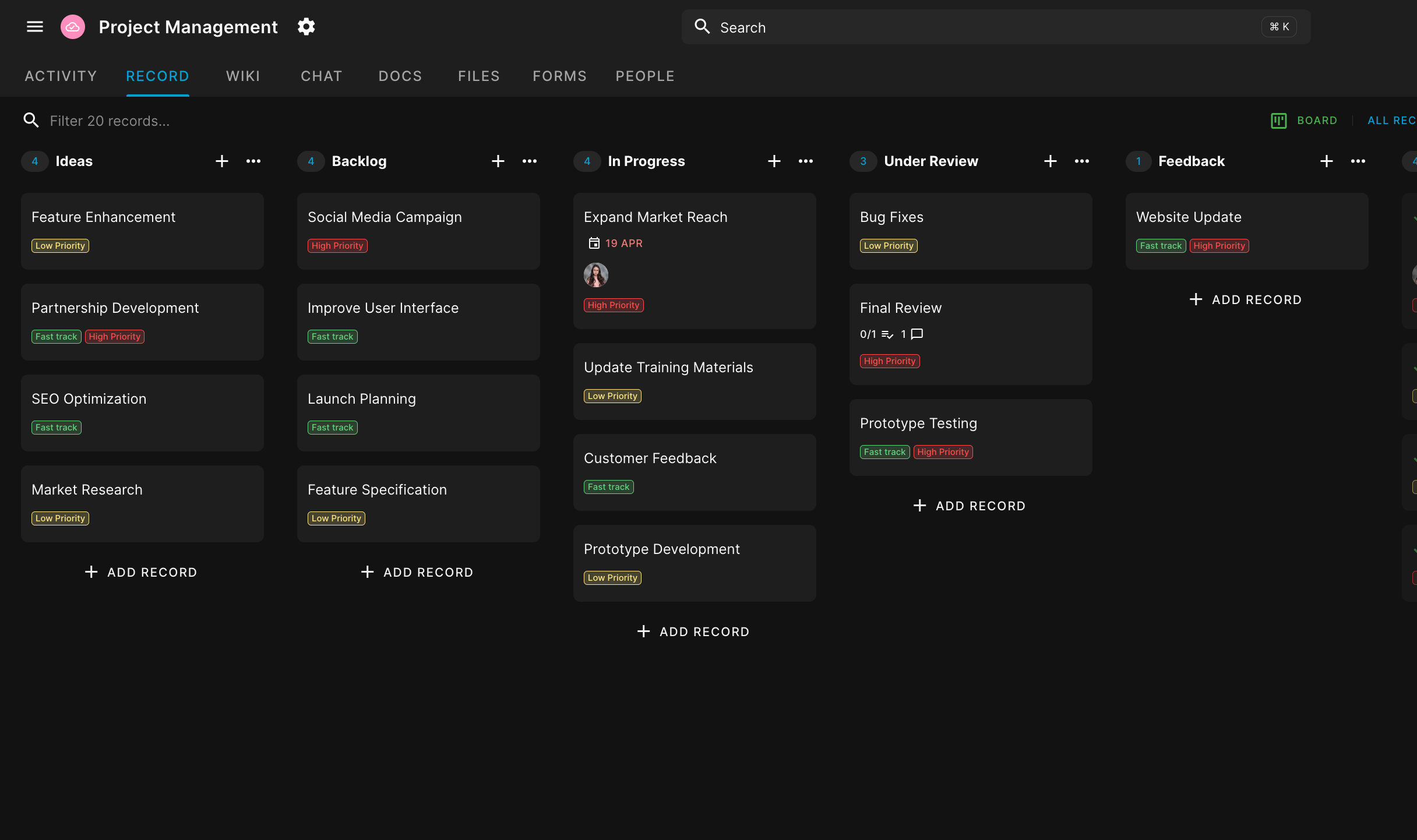
Definition of Project Manager
A professional responsible for planning, executing, and closing projects while ensuring they are completed on time, within budget, and to the required quality standards.
A Project Manager is a multifaceted professional responsible for overseeing and guiding a project from initiation to completion. They play a pivotal role in planning, executing, monitoring, controlling, and closing projects across various industries and domains.
At its core, the project manager's function is to ensure that project objectives are met within the defined constraints of time, budget, and scope while maintaining the required quality standards. This requires a unique blend of technical knowledge, leadership skills, and business acumen. Project managers are tasked with developing comprehensive project plans, defining project goals, and outlining the steps necessary to achieve them.
They must possess a deep understanding of the project's subject matter, whether it's in construction, information technology, healthcare, or any other field, to make informed decisions and provide valuable insights throughout the project lifecycle.
The project manager serves as the primary point of contact and communication hub between all project stakeholders, including team members, clients, executives, and external partners. This crucial role involves facilitating effective communication, managing expectations, and ensuring that all parties are aligned with the project's objectives and progress.
Project managers are responsible for assembling and leading project teams, assigning tasks based on team members' strengths and expertise, and fostering a collaborative and productive work environment. They must be adept at motivating team members, resolving conflicts, and navigating the complex interpersonal dynamics that often arise in project settings. Additionally, project managers are charged with identifying and mitigating potential risks that could impact the project's success. This involves conducting thorough risk assessments, developing contingency plans, and making swift, informed decisions when unexpected challenges arise.
Throughout the project lifecycle, project managers employ various tools, techniques, and methodologies to ensure efficient project execution and control. They are responsible for tracking project progress, managing resources, and adjusting plans as necessary to keep the project on track. This often involves utilizing project management software, creating and maintaining detailed documentation, and generating regular status reports for stakeholders. Project managers must also be adept at managing change, as projects often evolve due to shifting requirements, unforeseen obstacles, or changes in the business environment. They must balance the need for flexibility with the importance of maintaining project integrity and achieving core objectives. As projects near completion, project managers oversee the closing phase, ensuring that all deliverables meet the required standards, facilitating the handover process, and conducting post-project reviews to capture lessons learned.
In the end, the project manager bears the primary responsibility for the project's success or failure. While they work collaboratively with team members and stakeholders, the project manager is accountable for whether the project meets its defined objectives. This accountability extends to all aspects of the project, including timely delivery, budget adherence, quality of deliverables, and stakeholder satisfaction. The project manager's performance is often directly tied to the project's outcomes, making their role both challenging and critical to organizational success. This level of responsibility requires project managers to be proactive, adaptable, and capable of making tough decisions under pressure. They must continuously assess the project's progress against its goals and take corrective action when necessary, always keeping the project's ultimate objectives in focus.
Related Resources
Boost your productivity. Start using Blue today.
Blue organizes work, ensuring teams know what to do, how to do it — and why it matters.


